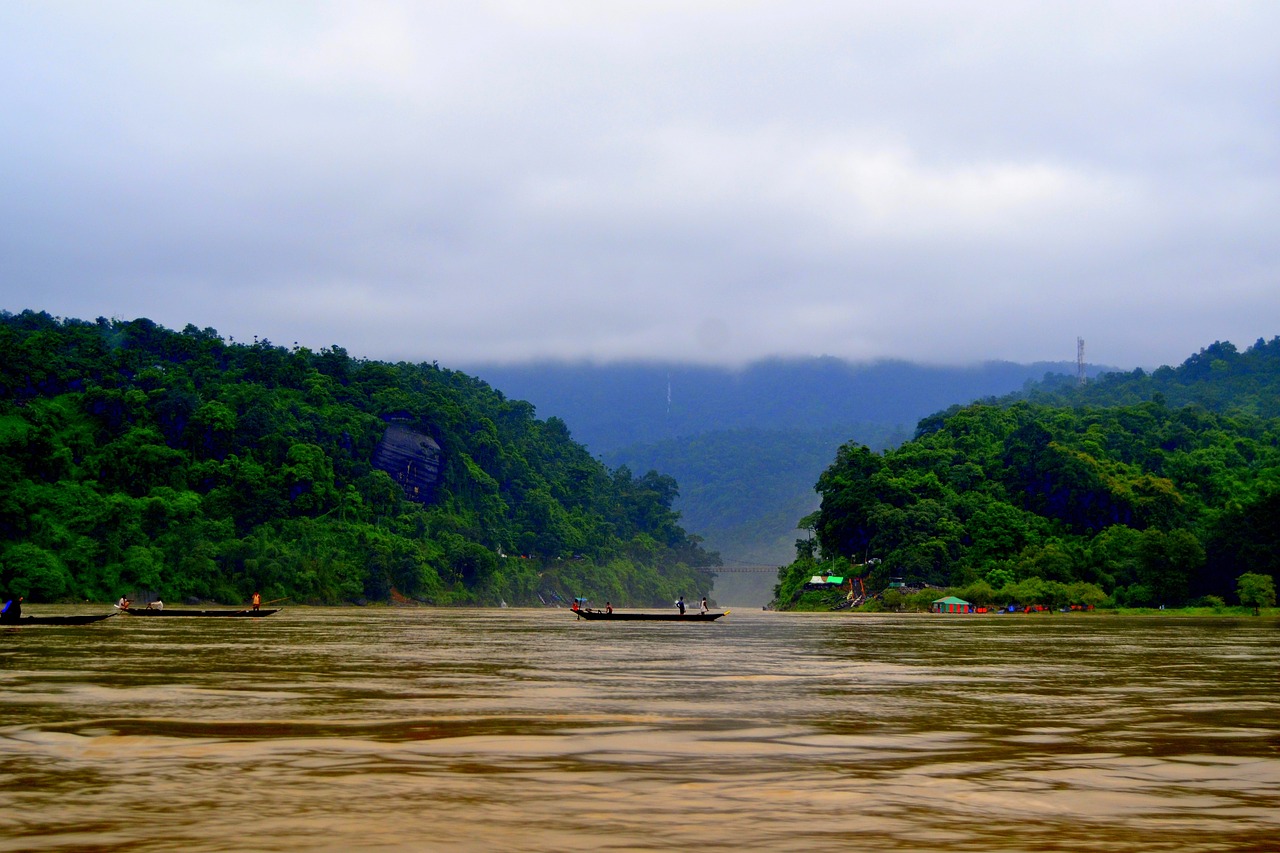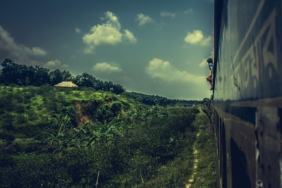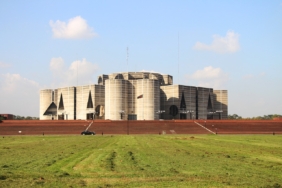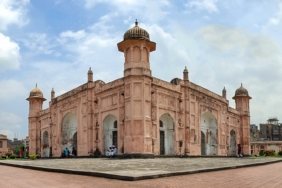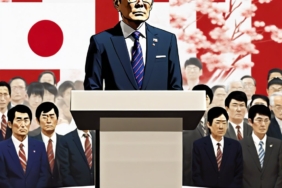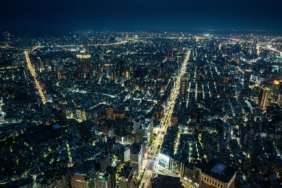Bangladesh on the Brink: Military’s Role Amidst Protests
As Bangladesh grapples with escalating tensions between security forces and fervent protesters, all eyes are now focused on the nation’s influential military establishment. Following a violent crackdown on demonstrations this past Sunday, the prospect of a collision between the two sides looms large. Protesters have taken to the streets, demanding the resignation of Prime Minister Sheikh Hasina, who has ruled for 15 years amidst increasing authoritarianism.
The situation is precarious; if the unrest spirals into chaos, the military—historically a key player in such scenarios—will inevitably become involved. Bangladesh’s military has a storied past of orchestrating coups and counter-coups. However, in recent decades, it has opted for a more discreet role in governance, preferring to wield its influence from behind the scenes rather than through overt power grabs.
This shift can be largely attributed to Hasina herself. Her father, Sheikh Mujibur Rahman, was the nation’s first leader and was assassinated during a military coup in 1975, along with much of her family. Since assuming power, Hasina has strategically placed loyalists in key military positions and has facilitated their access to lucrative government contracts and business ventures, effectively creating a loyal military hierarchy.
Moreover, there are significant international incentives at play. The Bangladeshi military has been a prominent contributor to United Nations peacekeeping missions, which not only enhances its global standing but also provides alternative avenues for financial gain. A coup would jeopardize these relationships, potentially leading to criticism or ostracism from the U.N., especially after the recent violence, which has prompted calls for restraint and accountability from the U.N.’s human rights chief.
During the recent protests, while the military was deployed to assist in quelling the unrest, reports have surfaced indicating discomfort within the ranks regarding this involvement. In a notable public statement, dozens of former senior officers urged the military not to “rescue those who have created this current situation,” a reference that many interpret as directed at the police and paramilitary forces, and possibly even at Hasina herself.
In response to these growing concerns, General Waker-uz-Zaman, the army chief, convened a meeting with senior officers. Following the discussions, the army released a statement emphasizing its commitment, asserting that “the Bangladesh Army will always stand by the people in the interest of the public and in any need of the state.”
Should Hasina’s grip on power become untenable, analysts suggest that the military is unlikely to pursue a direct takeover. Instead, they may opt to facilitate a transitional period from the shadows, potentially supporting a caretaker government—a scenario reminiscent of the political landscape in 2007.
M. N. Khan, a retired general of the Bangladeshi Army, remarked, “There are significant international ramifications to a military coup. It is not just the leaders but the younger officers who are particularly hesitant to engage in such drastic actions.”

